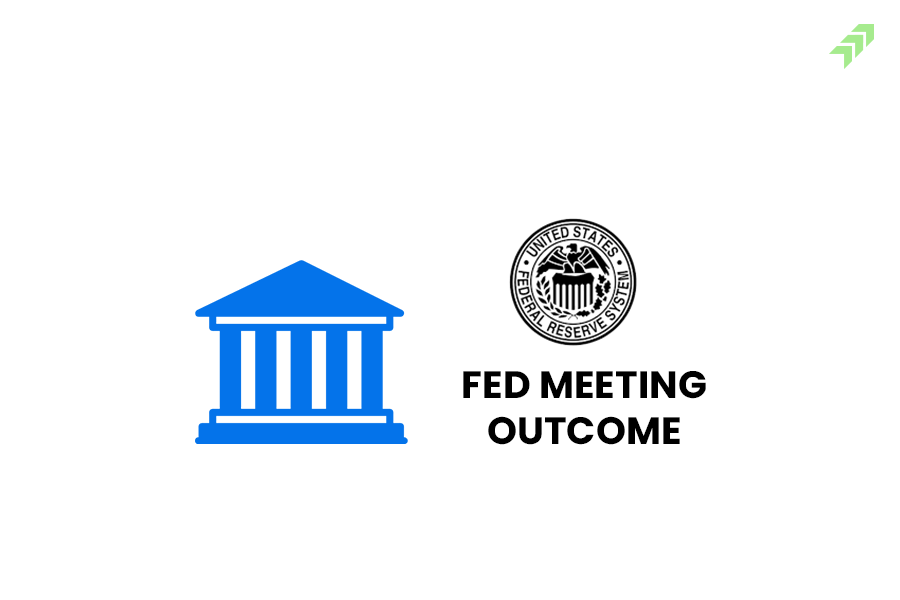Following the recent downfall across the indices, after reaching an all-time peak in mid-September, global brokerage firm JP Morgan has upgraded Indian equities to overweight from neutral, saying that investors can use any near-term dip as an opportunity to buy and leverage on a positive historical seasonality for Lok Sabha elections. The JP Morgan upgrade is in line with other global brokerages such as Morgan Stanley, CLSA, and Nomura, which have also raised India’s rating to overweight from neutral in recent months.
The brokerage has included three prominent stocks, Sun Pharmaceutical Industries Ltd., Bank of Baroda, and Hindustan Unilever, in its Emerging Markets (EM) Model portfolio.
The upgrade came on the back of multiple factors, including the positive seasonality associated with the general election, strong growth in the emerging market’s nominal GDP, and exposure to the Indian bond market.
The JP Morgan upgrade is based on a combination of cyclical and structural factors.
On the cyclical side, it leverages near-term correlations and dips as opportunities. Structurally, India’s compelling case is bolstered by strong nominal GDP growth, driven by demographic trends and infrastructure investment needs, competitive risk-adjusted returns compared to developed markets, and a burgeoning domestic bond market.
Prior to the JP Morgan upgrade, Morgan Stanley had also raised the India rating to overweight due to improving economic and earnings growth. CLSA increased its India portfolio allocation by 20 percent, and Nomura upgraded India to overweight in September with compelling top-down narratives and potential benefits from the China+1 trend. Back in June, Goldman Sachs had also issued a report saying that India is overweight given the medium-term growth prospects and had recommended foreign investors build exposure in this emerging market.
However, the brokerage acknowledges that emerging market equities may face challenges as long-term US rates rise and the dollar’s influence impacts growth and rates. JP Morgan suggests that a sustainable bid for emerging market equities may only materialize once the US completes its cycle, which could involve a GDP recession and rate cuts.


















No comment yet, add your voice below!